Specialty Dentistry
Are You Missing the Signs? How Sleep Apnea Might Be Hiding in Plain Sight
It’s easy to brush off a restless night here or there. Maybe you chalk it up to stress, a heavy meal, or a snoring partner. But what if the real culprit is something deeper—and more serious—like sleep apnea?
Sleep apnea affects millions of people, and many don't even realize they have it. The signs can be subtle, and the consequences of ignoring them can take a real toll on your health, energy, and overall quality of life. If you’re wondering whether you’re just a light sleeper, or if there’s more to the story, keep reading.
What are the warning signs of sleep apnea?
Sleep apnea is often associated with loud snoring, but it’s not the only symptom. In fact, you can have sleep apnea even if you don’t snore at all. Here’s what you should be watching for:
1. Excessive daytime sleepiness:
If you feel exhausted no matter how many hours you spend in bed, it could be a major red flag. Sleep apnea disrupts your sleep cycle, preventing you from reaching the deep, restorative stages of sleep your body needs.
2. Morning headaches:
Waking up with a dull, throbbing headache? That’s often due to oxygen deprivation during the night—your brain isn’t getting the air it needs while you sleep.
3. Waking up gasping or choking:
This is a more obvious sign, but it can easily be overlooked if you drift back to sleep afterward. Even if you’re not fully conscious of it happening, your body knows.
4. Mood changes and irritability:
Poor sleep doesn’t just leave you tired; it can also make you short-tempered, anxious, or even depressed. Sleep apnea robs your brain of the restorative time it needs to regulate emotions properly.
5. Trouble concentrating:
If your brain feels foggy, sluggish, or forgetful during the day, sleep apnea could be interfering with your memory and cognitive function.
6. Dry mouth or sore throat in the morning:
Breathing through your mouth all night because your airway is blocked often leads to dryness and irritation.
7. High blood pressure:
Sleep apnea puts a strain on your cardiovascular system. If you’ve recently been diagnosed with hypertension and can't pinpoint a cause, it’s worth looking into your sleep quality.
Many people don’t realize that sleep apnea symptoms can sneak up slowly. You might think you’re just getting older or busier—but in reality, untreated sleep apnea could be the reason you don’t feel like yourself.
How can I fix sleep apnea naturally?
While some cases of sleep apnea require medical devices or surgery, many people can significantly improve their symptoms with lifestyle changes. Here’s where to start:
1. Lose weight if needed:
Carrying extra weight, especially around your neck, can put pressure on your airway and make sleep apnea worse. Even a small amount of weight loss can make a big difference.
2. Sleep on your side:
Sleeping flat on your back can cause your tongue and soft palate to collapse backward into your throat, blocking your airway. Side-sleeping is a simple shift that can help keep things open.
3. Avoid alcohol and sedatives before bed:
Both alcohol and certain medications relax the muscles in your throat, increasing the likelihood of airway obstruction during sleep.
4. Keep a regular sleep schedule:
Going to bed and waking up at the same time every day helps your body establish a healthier rhythm, making it easier to get deeper, more restorative sleep.
5. Practice good sleep hygiene:
Simple steps like keeping your bedroom dark, quiet, and cool can encourage better sleep quality overall, helping to ease symptoms.
6. Strengthen your airway muscles:
Some exercises specifically target the muscles of your mouth, tongue, and throat. Over time, strengthening these areas can help prevent airway collapse at night.
It’s important to note that natural remedies can help—but if your symptoms are severe, don’t delay in seeking professional care. The longer sleep apnea goes untreated, the greater the risk to your heart, brain, and overall health.
Can skinny people have sleep apnea?
Absolutely. There’s a common misconception that sleep apnea only affects people who are overweight. While excess weight is a risk factor, it’s far from the only one.
In fact, many individuals who are slim or even athletic can develop sleep apnea. Body size doesn’t always predict what’s going on inside the airway. Some people have anatomical or genetic traits that make them more susceptible, no matter their weight.
Here are a few reasons why:
1. Narrow airways:
If your tonsils, tongue, or soft tissues at the back of your throat are large or positioned further back, they can easily block airflow during sleep. This is true even in people who appear to have no physical obstructions from the outside.
2. Genetic factors:
Your jaw structure, neck size, or even family history can play a role. Some people naturally have smaller airways or certain skeletal features that increase the risk of airway collapse at night. Sleep apnea often runs in families, regardless of body shape.
3. Nasal issues:
Chronic nasal congestion, a deviated septum, or other breathing problems can make it harder to breathe smoothly at night. If your nasal passages are blocked, you may be forced to breathe through your mouth, which can increase the likelihood of airway obstruction—even if you’re lean.
4. Age and hormonal changes:
As you age, the muscles in your throat naturally weaken, making it more difficult to keep your airway open while you sleep. Hormonal shifts, particularly in women during and after menopause, can also increase the risk of sleep apnea in people who were never affected before.
5. Lifestyle and sleep position:
Even slim individuals who sleep on their back or consume alcohol before bed may experience relaxation of the throat muscles, making them more prone to airway blockage.
It’s important not to dismiss sleep apnea concerns based solely on appearance. If you or someone you love experiences persistent fatigue, loud snoring, mood changes, or any of the other symptoms discussed earlier, it’s time to get evaluated by a professional.
Early diagnosis and treatment can prevent serious health complications and dramatically improve your quality of life, regardless of your size or fitness level.
Don’t Sleep on Your Health—Take the First Step Today
If any of these symptoms sound a little too familiar, don’t wait to get the help you need. Sleep apnea isn’t just about feeling tired; it’s about protecting your heart, your brain, and your long-term health.
At Vartanian Dental Group, we’re here to help. We offer customized solutions to improve your breathing and your sleep, so you can wake up feeling like yourself again.
Call us today to schedule an appointment. A better night’s sleep might just be closer than you think.


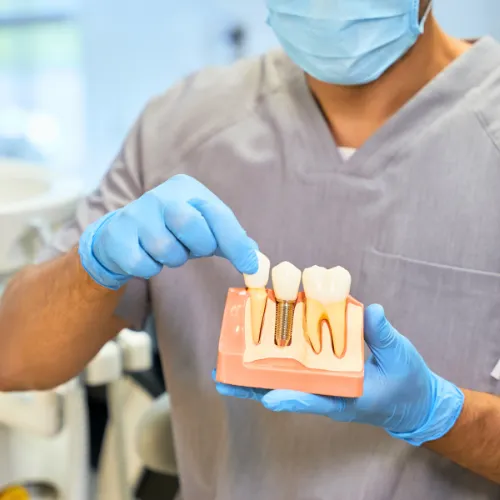

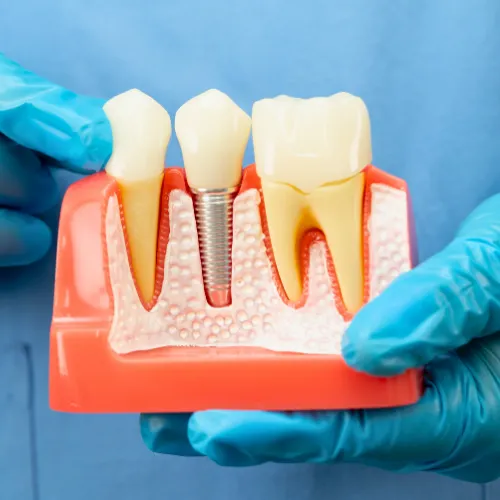
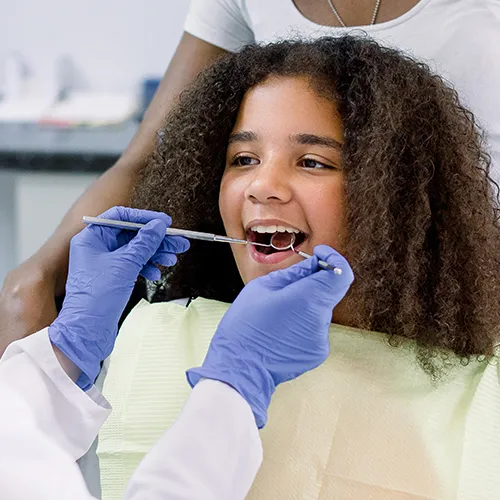
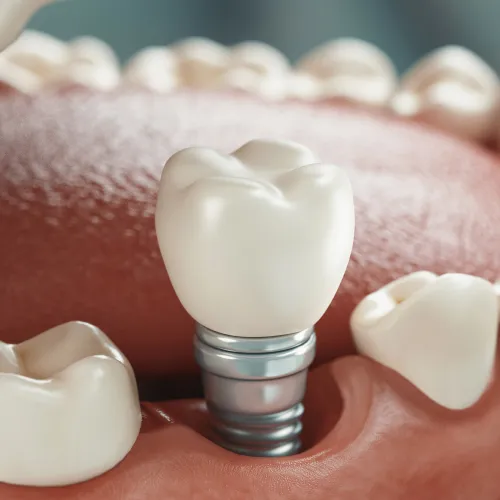
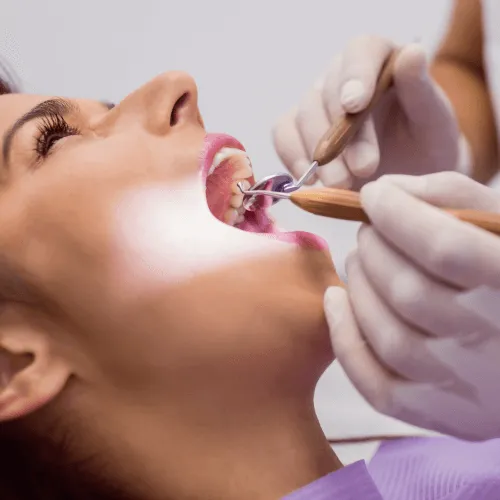
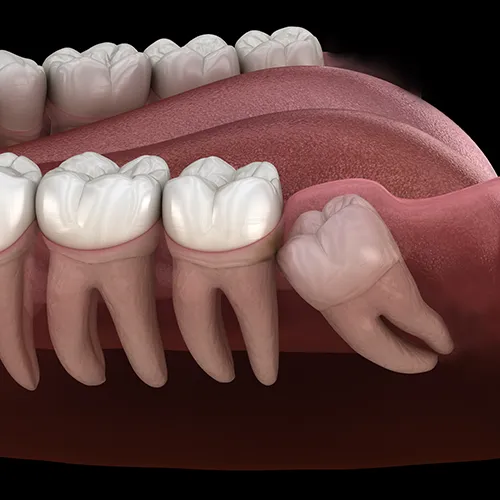

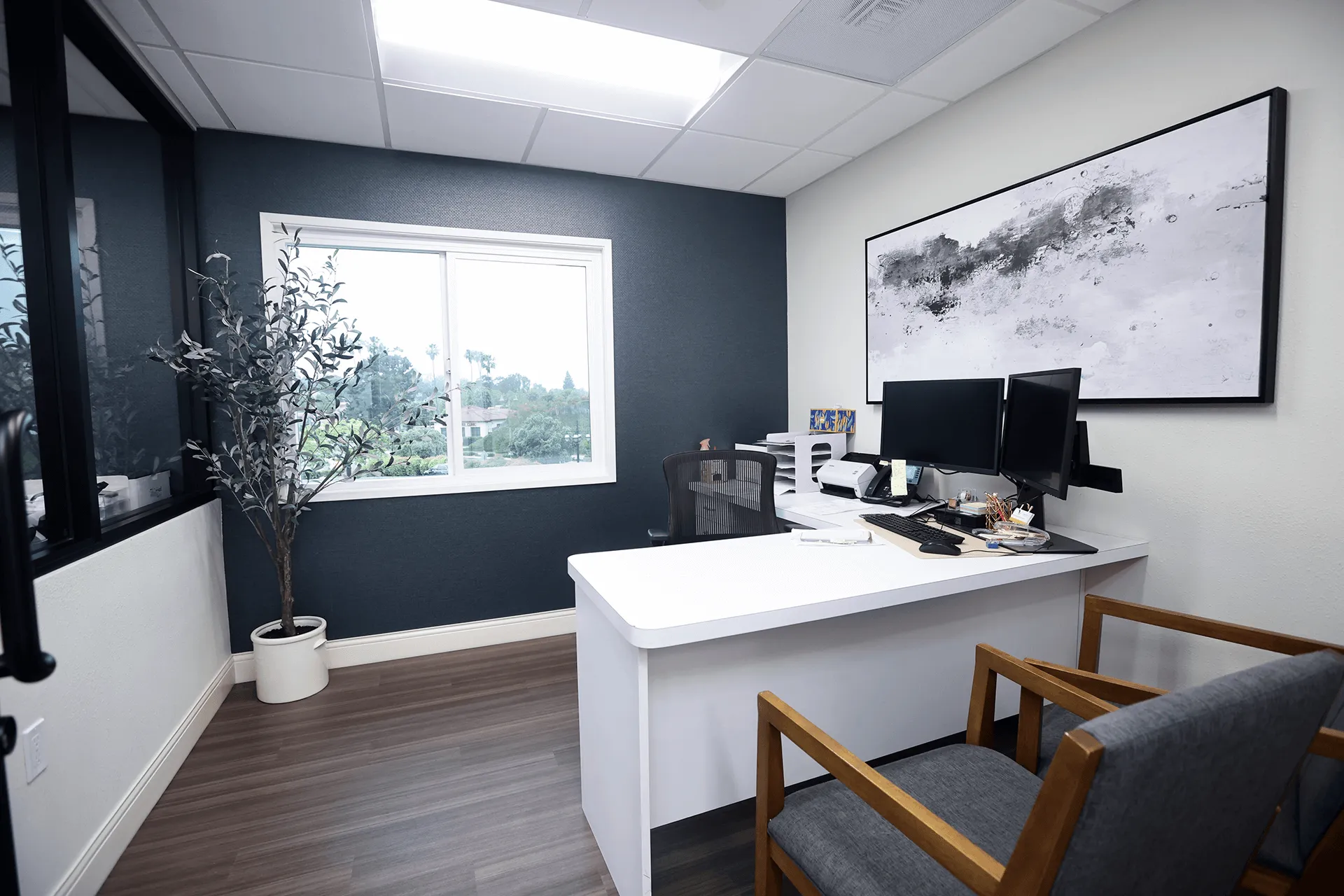
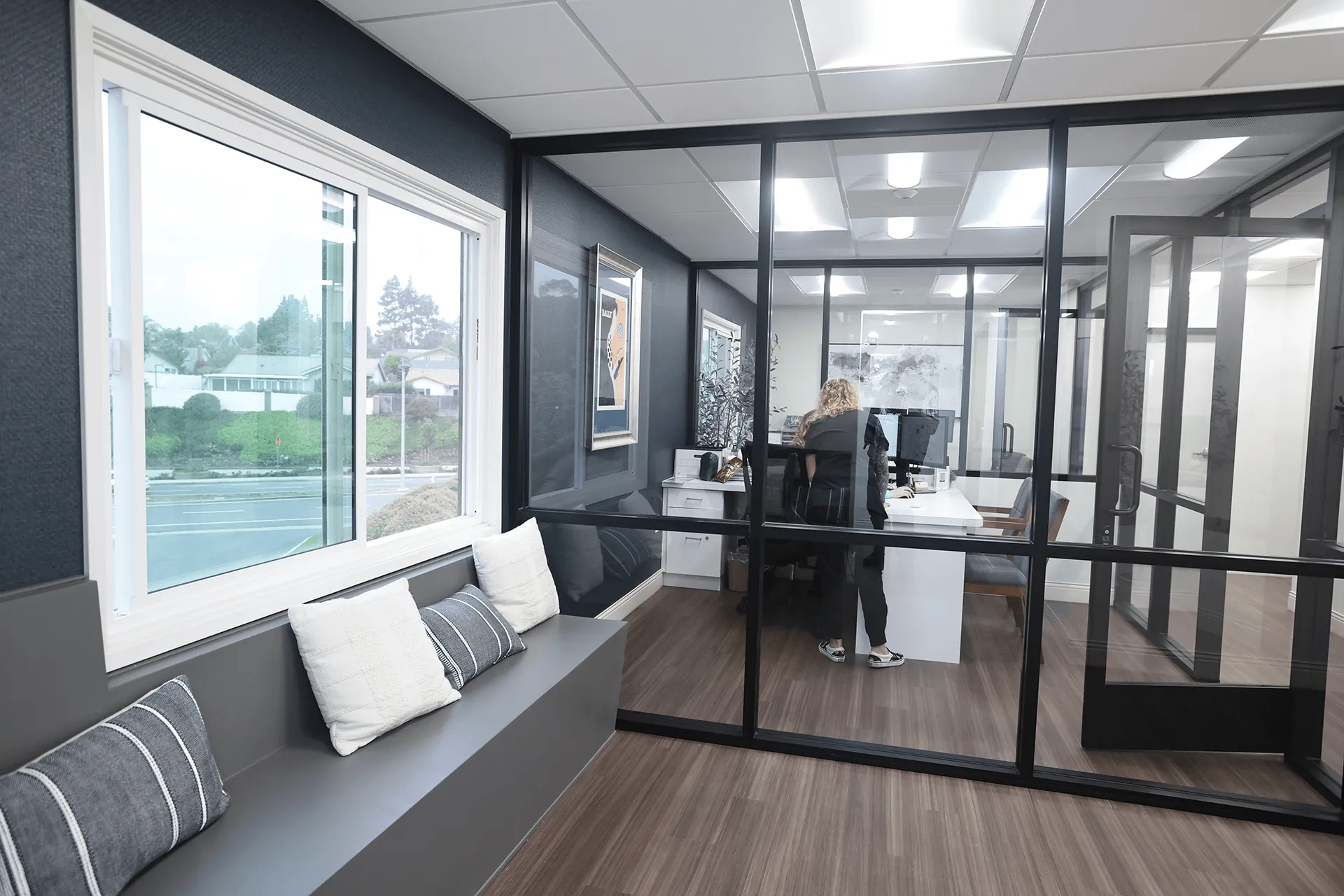
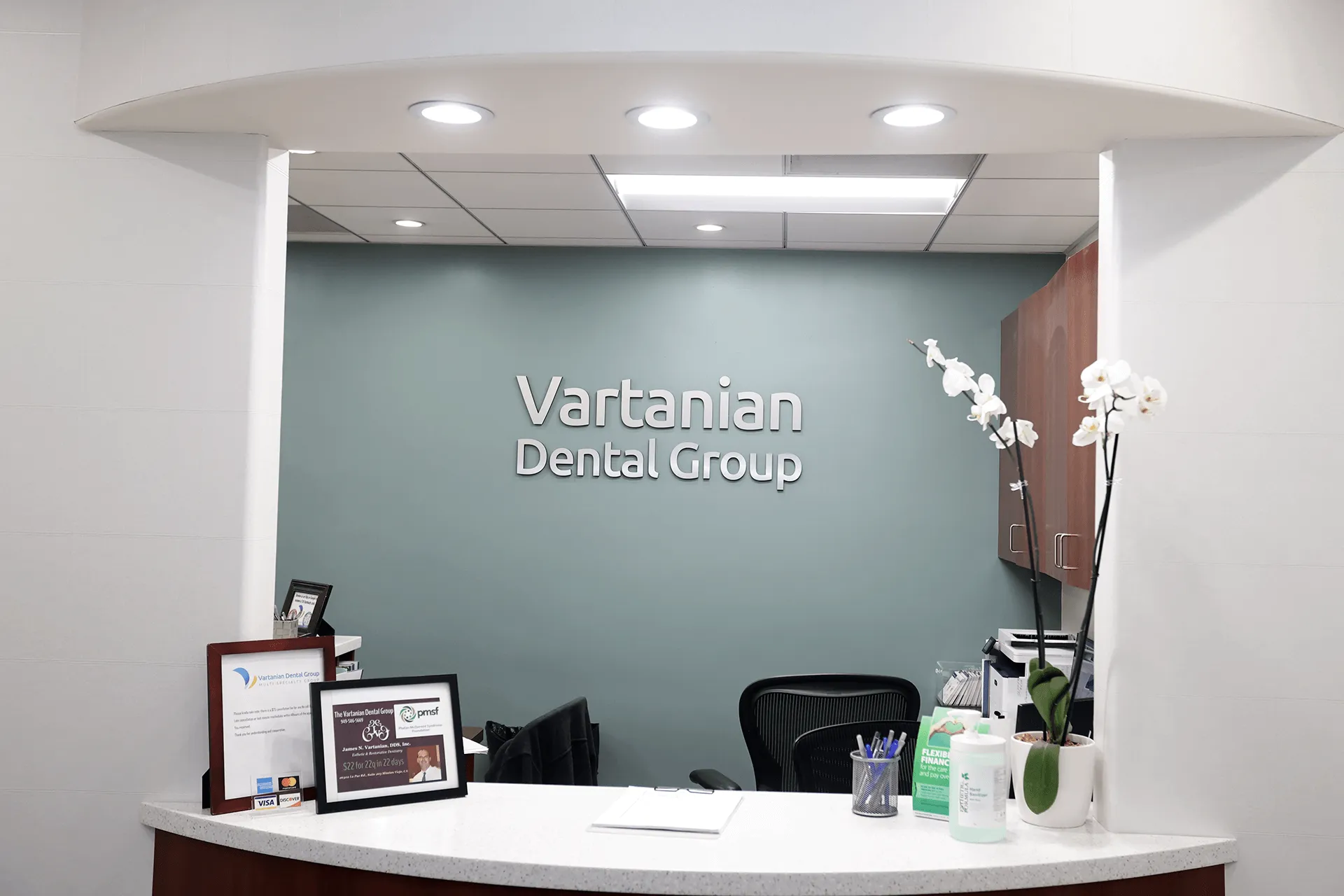
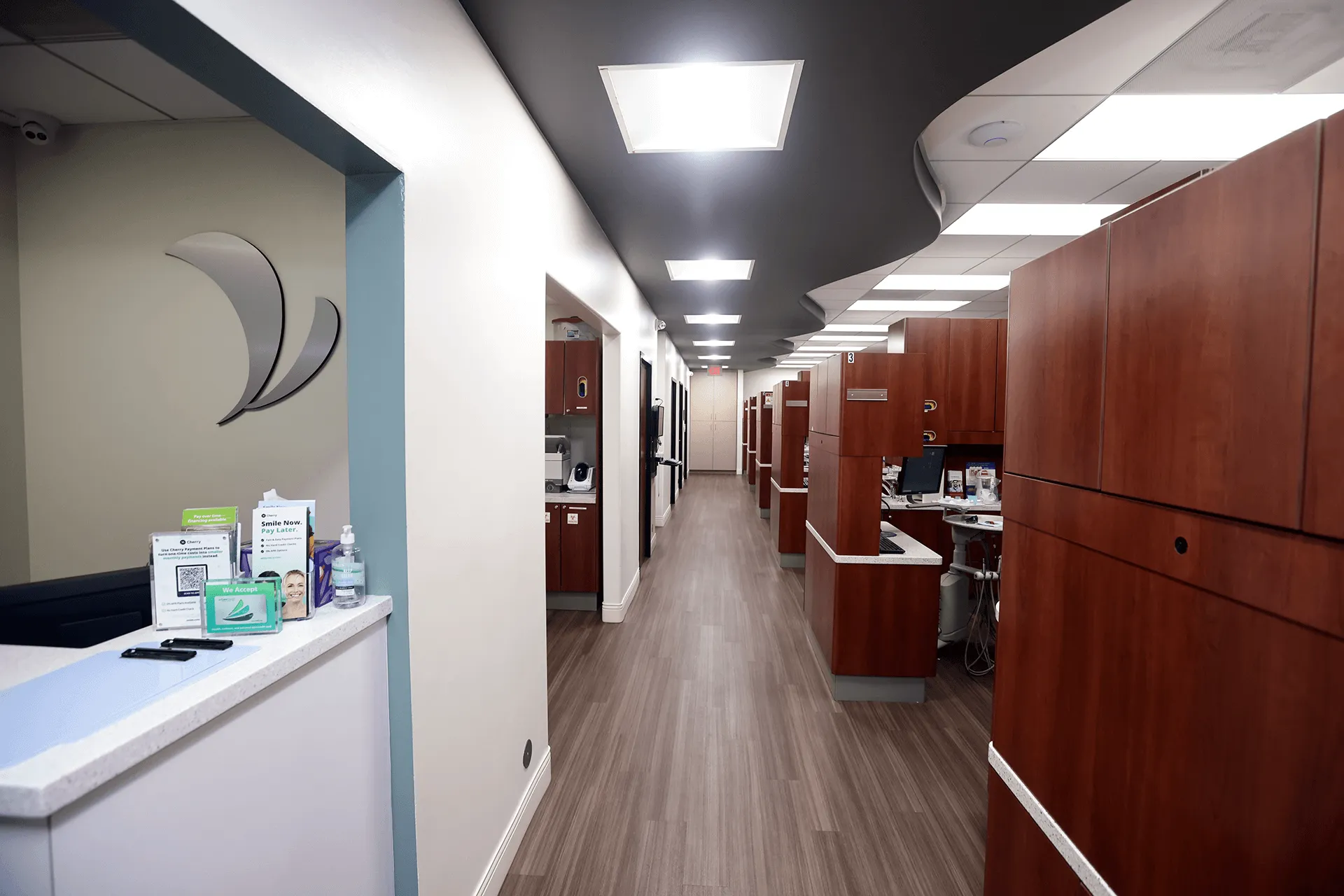
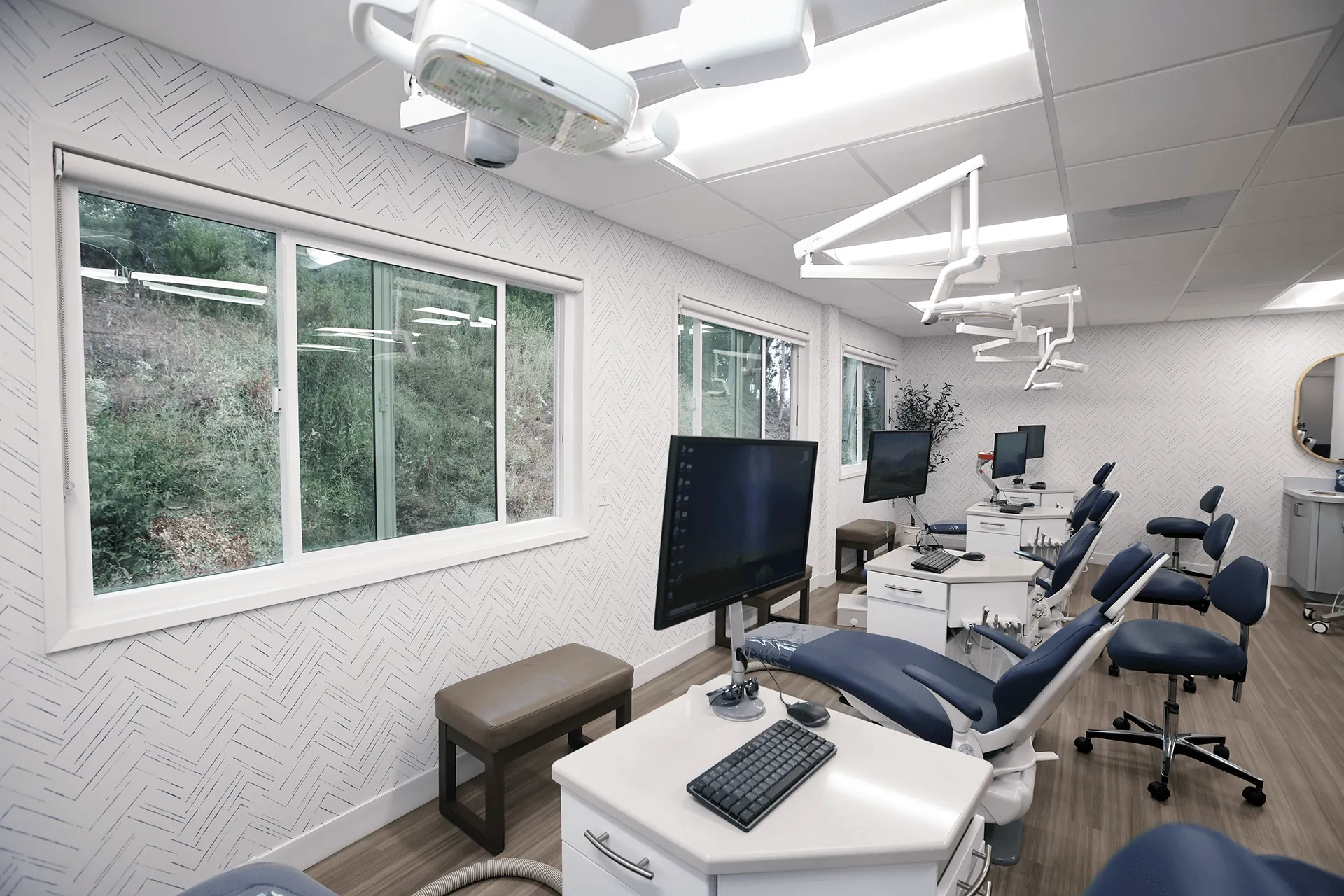
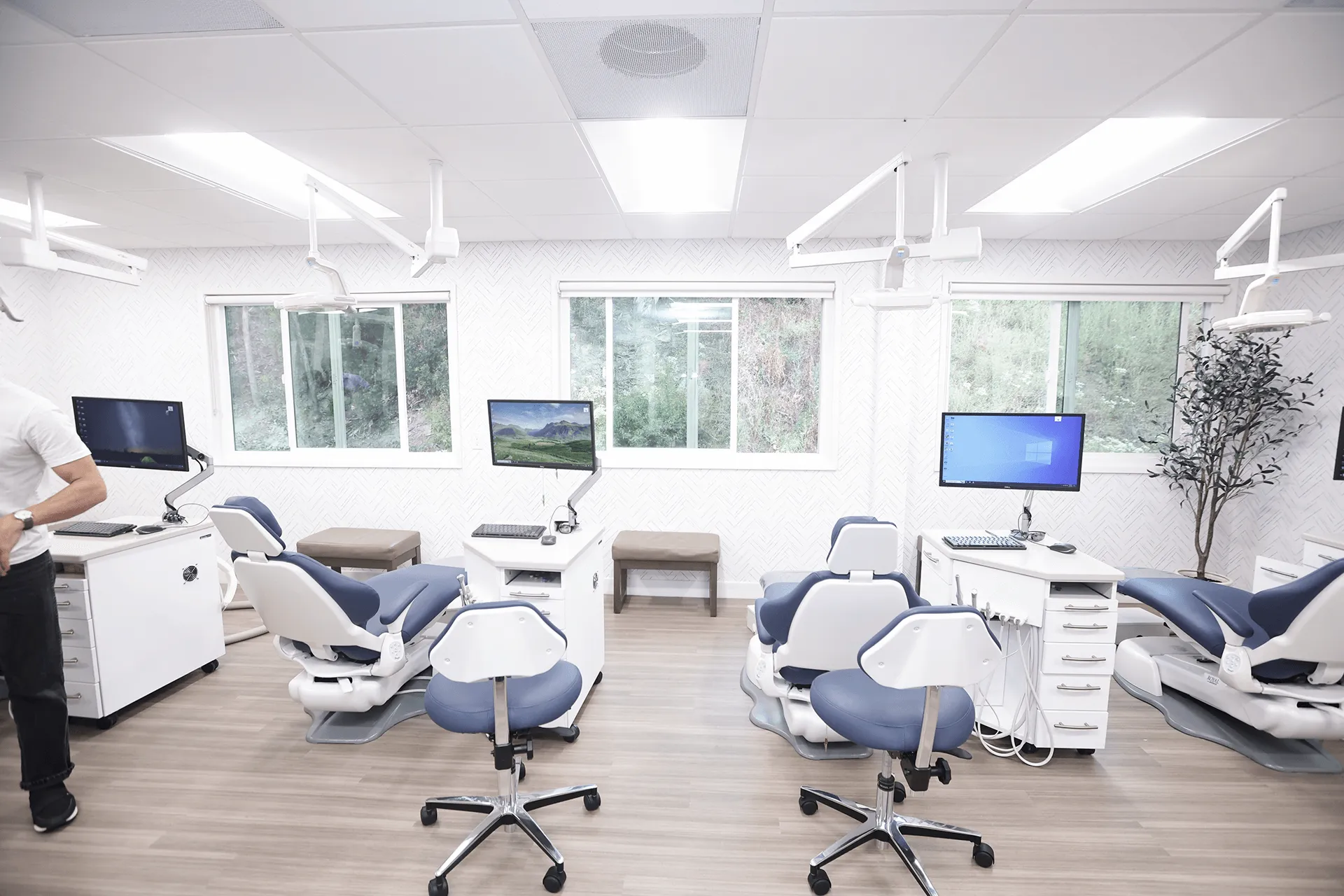
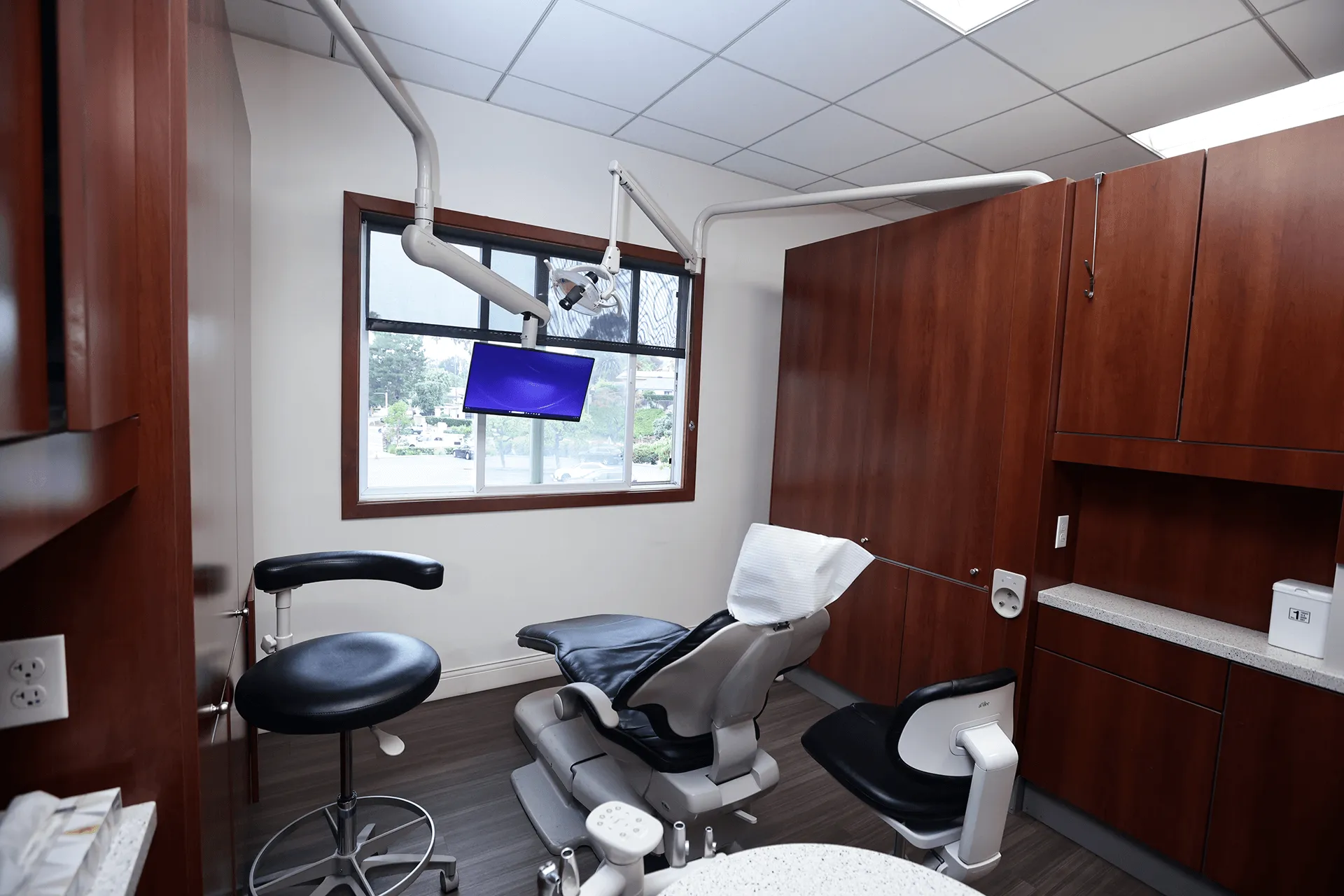
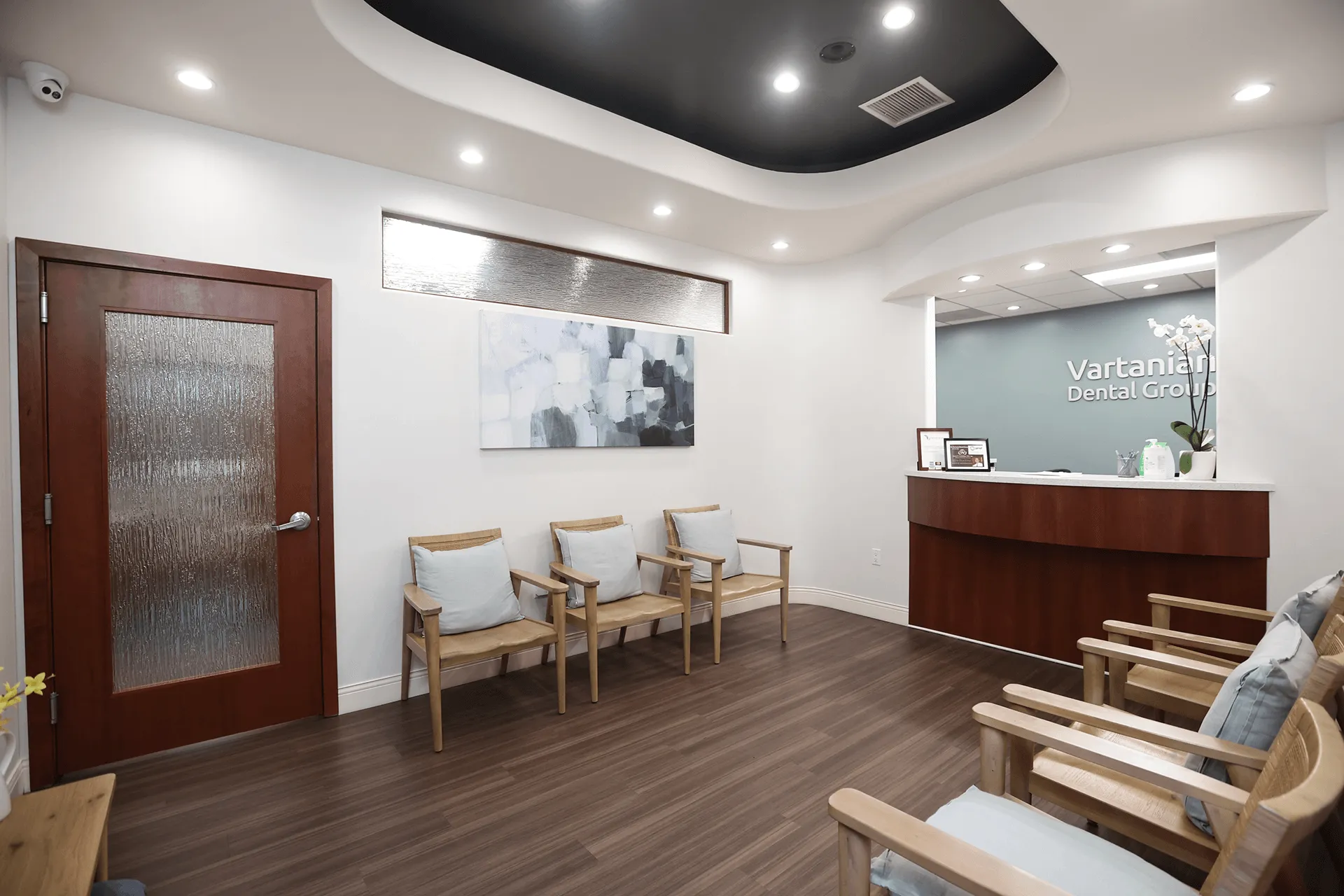

















Best smiles Mission Viejo, CA
#VartanianDentalGroup
Check us out and follow our accounts on the following social media platforms for more healthy smiles....